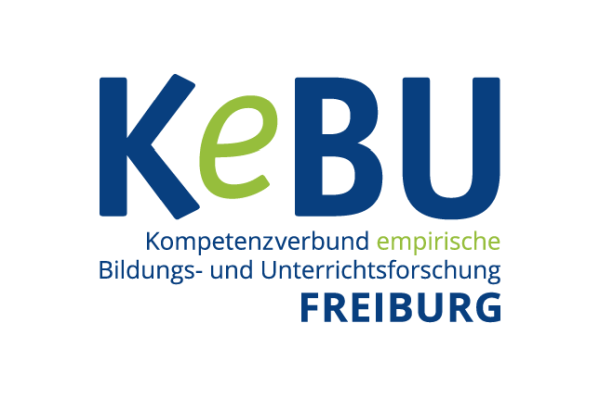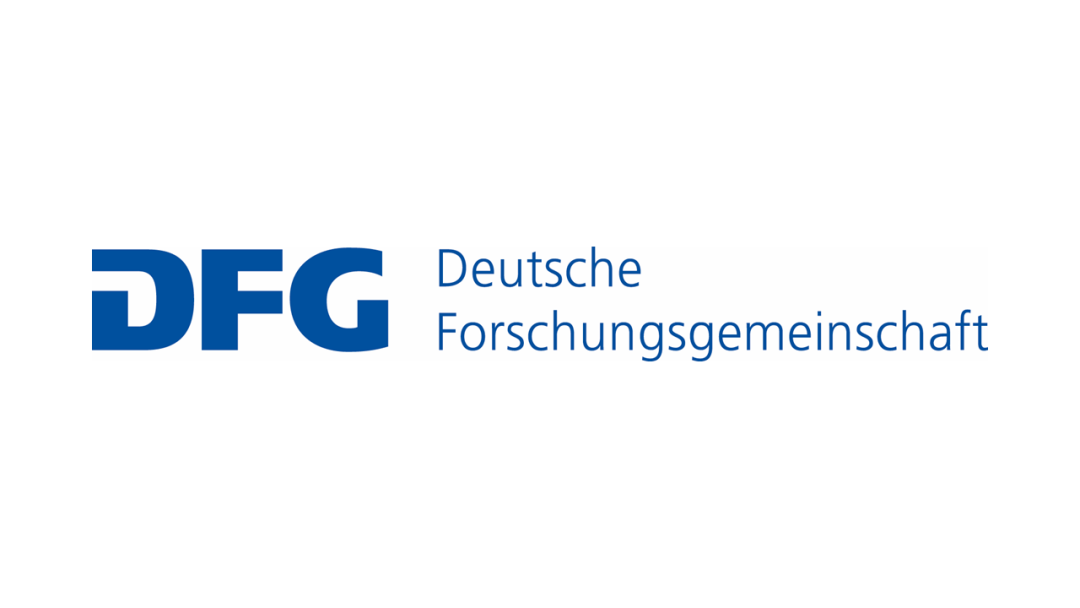
Description
When acquiring mathematical or scientific knowledge, existing pre-concepts often cannot simply be replaced by target concepts, but require a conceptual change. Here, the process of comparing wrong and right examples plays a central role. To date, however, few study designs have been found that allow comparisons to explain a conceptual change at the level of error processing. This is where the proposed project comes in. The goal is to empirically test the extent to which a fit between individual partial solutions and the false solutions presented for comparison lead to a successful concept change. This project goal will be investigated in the context of a problem-based instructional design using the PS-I (problem solving prior to instruction) approach. PS-I are learning scenarios in which learners first develop problem-based individual solution ideas and then receive instruction on the target concept. The solutions generated by learners in the problem-solving phase usually represent only partial steps on the way to the target concept. In the subsequent instruction phase, the target concept can then be developed by comparing correct and incorrect solutions. On a theoretical level, the learning processes stimulated in this process can be interpreted as a change of concept, if individual incorrect solutions are included in the comparison of solutions and thus a connection to the respective individual partial concepts of the learners is established. However, the current state of research shows that the importance of the fit of individual solutions to the incorrect and correct solutions used in the instruction (in the sense of adaptive instruction) is not sufficiently understood. In the main study, experimental variation is used to test the assumption that a fit between individual solution from the problem-solving phase and the incorrect and correct solutions selected for comparisons in the subsequent instruction promotes conceptual change. For this purpose, learners are either given solutions to compare in the instruction phase that match their individual solution type from the problem-solving phase (adaptive condition) or specifically do not match (contraadaptive condition). The general effect of comparing false and correct solutions (regardless of fit) is validated by comparing both conditions with a control condition without false solutions. For adaptive or counter-adaptive on-the-fly selection of solutions for the instructional phase, a computer-based learning environment will be further developed, empirically validated, and deployed. The proposed project contributes to an empirical foundation of the role of adaptive error processing in conceptual change while providing evidence for a learning mechanism of the PS-I approach.

Prof. Dr. Katharina Loibl (Principal Investigator)
Faculty of Educational Sciences, Institute of Psychology
University of Education Freiburg

Prof. Dr. Timo Leuders (Co-PI)
Faculty of Mathematics, Science and Technology, Institute for Mathematical Education
University of Education Freiburg


